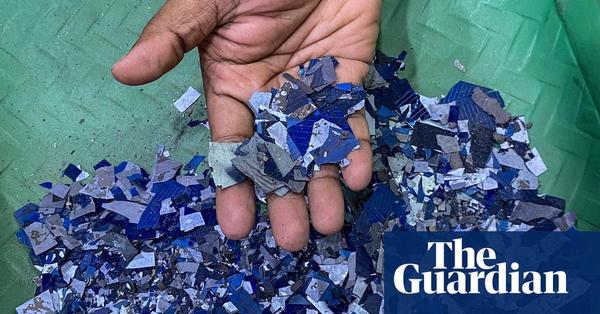
Clean energy’s dirty secret: the trail of waste left by India’s solar power boom
India has 11 similarly vast solar parks, and plans to install another 39 across 12 states by 2026, a commitment to a greener future.
Yet this solar boom has a downside: the waste it generates from the panels, made of glass









